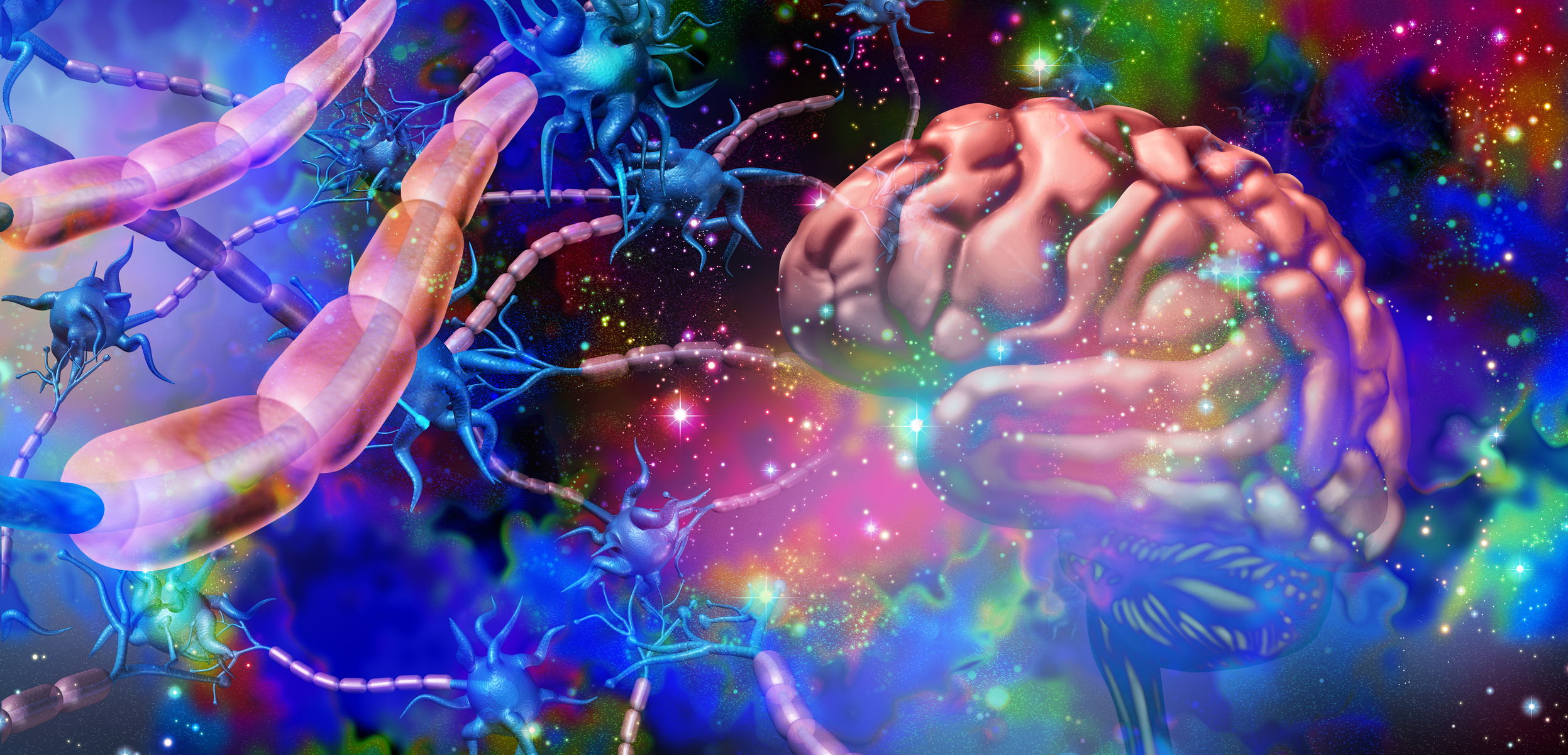Ischemic (brain) stroke occurs due to blockage in blood supply. Cholesterol, fat, and lipoproteins might worsen this condition. An increase in levels of those proteins can cause different strokes. Analyzing their part in ischemic stroke is vital for assessing the risk. Thus, this study compares and separates the effects of lipids and apolipoprotein on stroke-related cases.
A Mendelian styled randomization study was done on 514,791 subjects. The MEGASTROKE consortium provided summary data of 60,341 ischemic and 454,450 non-cases. The UK Biobank provided genome-wide SNP (single-nucleotide polymorphism). The instrumental variables were HDL and LDL cholesterol, triglycerides, apoB, and apoA-I lipoproteins.
Main and sensitivity univariable MR analyses were used to signify the risk. An increase in apoB, triglycerides, and LDL led to the ischemic, small vessel, and large artery strokes. In the multivariable MR analyses, the presence of apoB had a potent effect. The effects of LDL got reversed, whereas the triglycerides’ effects got weakened. In the univariable MR analysis, low HDL and apoA-I levels improved the risks. But apoA-I effects fell to zero after mutual adjustments.
The study reveals apoB as the predominant trait for ischemic stroke, especially the small vessel and large artery stroke. But HDL effect independent of apoA-I requires additional research.
Ref: https://onlinelibrary.wiley.com/doi/10.1002/ana.25916


